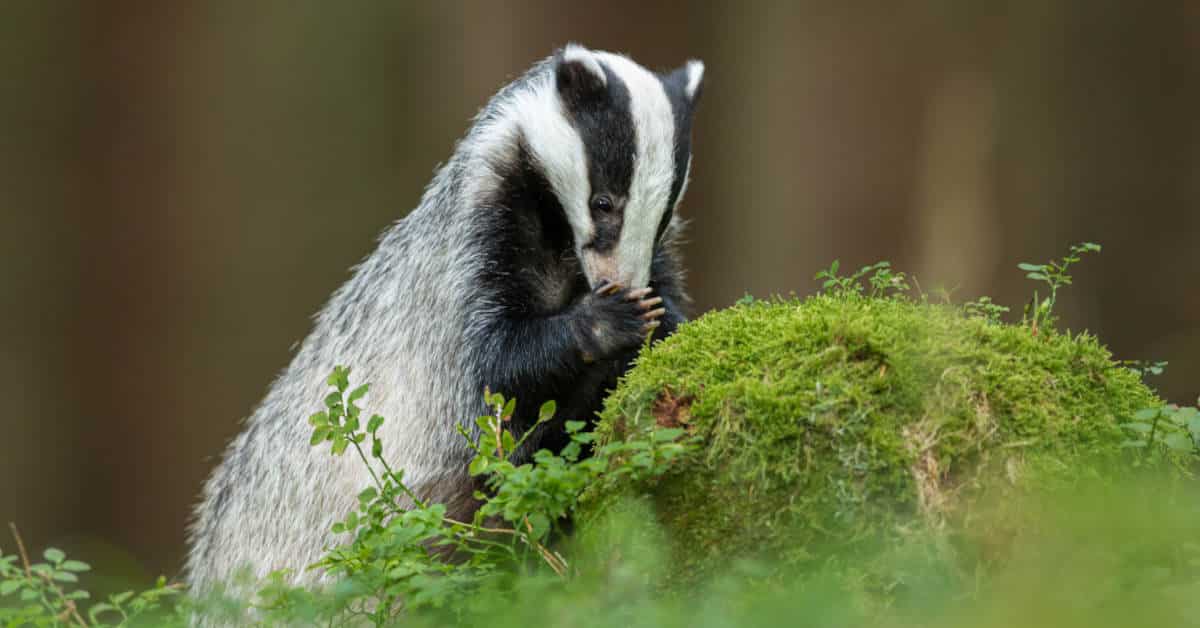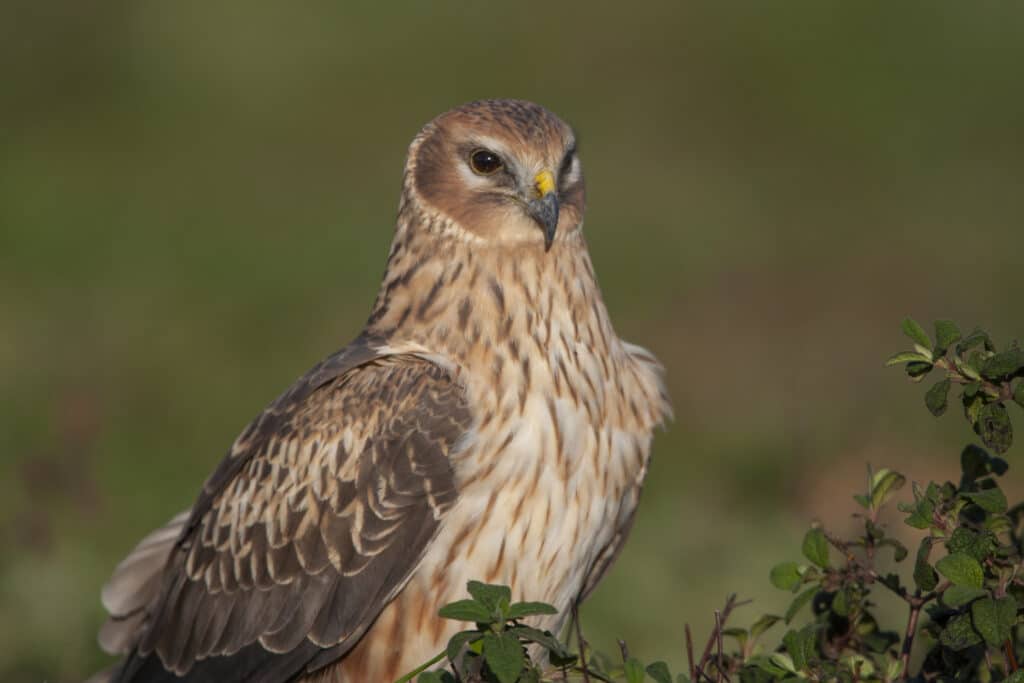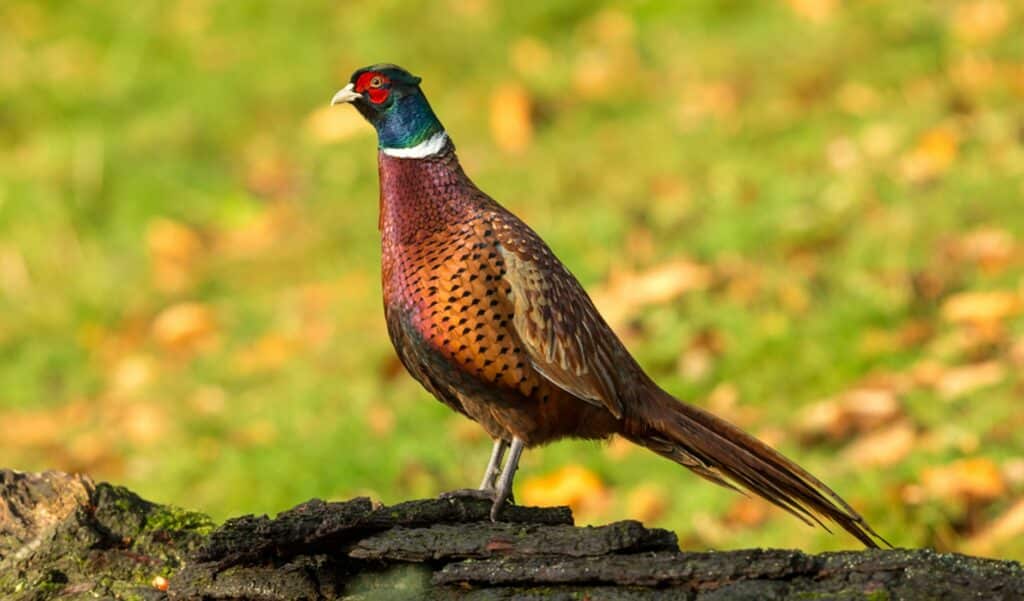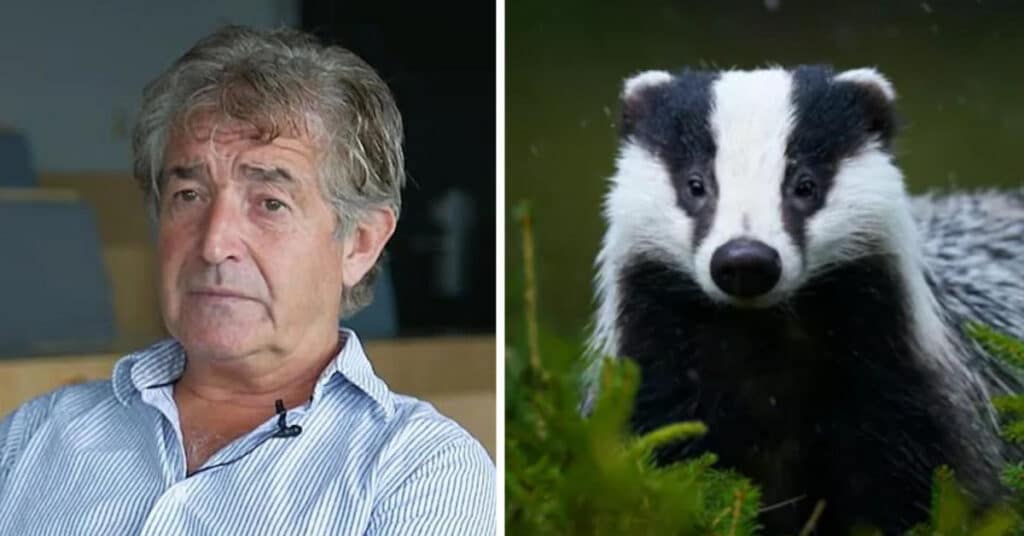The chair of Natural England (the government’s adviser for the natural environment in England) has hypocritically argued that England “is going to have to work much harder” if it wants to meet biodiversity targets. In his role, Tony Juniper is actively responsible for the loss of biodiversity.
The Tories’ biodiversity targets have already been called “embarrassingly poor” by Labour. The goals are to halt the decline in species abundance by 2030, and increase the abundance of wildlife by 10% by 2042, compared with 2030 levels. But even if the government succeeds in these targets, there will likely still be less biodiversity in 2042 than there is now, in 2023.
Juniper, who has been Chair of Natural England since April 2019, told The Guardian:
“We’re not moving with the speed that will be needed to meet the 2030 species target. And we’re going to have to work much harder to be able to do that.”
He continued:
“This is about reconciling, again, some really quite complicated conundrums, including how, for example, we can maintain a high level of domestic food production at the same time as bringing wildlife back into the landscape.
And some of this is about policy. Some of it is about knowledge. Some of it is about culture. It’s a transition that can be made. But it does need to go more quickly than presently is the case if we’re going to meet those 2030 targets.”
Farming and badger culling
Agriculture has been shown to be a major driver of biodiversity loss across the UK. While Juniper has acknowledged that, Natural England is taking half-hearted steps to show, for example, that it is addressing the way that sheep grazing is wrecking the biodiversity of the countryside. Rather than stating that sheep grazing should be banned on Dartmoor’s nature-depleted SSSIs, the government watchdog has said that farmers who receive subsidies from the government for ‘nature-friendly’ farming will have to reduce their sheep stocks. It has said that these farmers will have to justify why their sheep are grazing on the moor in winter. It has also stated that in the summer months, at least 50% of farmers’ animals on the moor should be cows or ponies.
But, of course, England’s farming methods mean that cows in this country inevitably contract bovine tuberculosis (bTB). For the past ten years, Natural England’s method of combating bTB is to mass-murder England’s badgers. Natural England and Defra argue that culling badgers prevents the spread of (bTB) in cattle, but studies have found that this is ludicrous. Natural England is not willing to challenge cow farming methods, and ignores the fact that most instances of bTB are caused by cow-to-cow transmission. Instead, it puts the farming lobby over the lives of supposedly one of our most protected species.
The watchdog has been responsible for issuing four-year licences to land owners in different cull zones across the country, along with target figures of the number of badgers it wants murdered. Badgers are then intensively shot and trapped for a six-week period each year, usually beginning in September. Natural England officially stopped issuing new cull licences in 2022 , but the murder of our badgers is still continuing. When a cull zone’s four-year licence has come to an end, Natural England can then grant it a supplementary licence. In 2022 alone, it awarded two-year supplementary licences to murder badgers in ten new locations across the country, which were licensed to run until January 2024. On top of this, Natural England has been covertly expanding badger cull areas without public consultation. And when all licences come to an end, intensive four-year culling will be replaced with a plan to murder 100% of badgers in specific areas of England.
And so while Juniper admits that England’s biodiversity is being lost, he is actively taking a role in wiping out one of our most precious and most protected species.
He is also silent on the abundance of mega-farms, of which there are more than 1,000, which actively contribute to biodiversity loss, climate change, and water and soil pollution. All so that the public can get the taste of meat on their plates.

Brood meddling
Juniper and Natural England have been heavily criticised for a project involving hen harriers, which has been labelled as ‘brood meddling’. The birds are one of our most persecuted birds of prey, illegally murdered by shooting estates in order to protect grouse numbers. Grouse are then murdered by affluent shooting parties. Rather than demanding that the government and police clamp down on this blatant persecution, Natural England’s answer has been to mess with nature. Protect The Wild’s Charlie Moores explained that brood meddling involves:
“removing clutches of [harrier] eggs from grouse moors, rearing them somewhere in the south of England, then letting the raised chicks go once the grouse killing season has ended – thus avoiding so-called ‘conflict’ between the birds and shooting estates (not so much a conflict as an argument over profits with the usual result being that because harriers take chicks, shooting estates take harriers).”
Moores continued:
“As many of us pointed out at the time, this is not addressing the real problem. Once those young harriers started moving around the country looking for new sites to occupy, they would be killed. Which is exactly what has happened…”
Indeed, the government’s own research has shown that 72% of hen harriers fitted with satellite tags to track their movements by Natural England itself are likely to have been illegally murdered.
Moores pointed out:
“In reality, there is only one way to stop harrier persecution and recover their numbers – shut down the shooting industry, help the moors to rewild, and allow harriers and grouse to co-exist as they have done for millennia.”
Juniper and Natural England are attempting to greenwash the public, convincing us that they’re actually the good guys, trying to save hen harriers, when in reality, they aren’t prepared to actively challenge grouse shooting estates. The Guardian reported just last week that Juniper:
“would continue with the [brood meddling] trial to see if it worked, and that if persecution persisted he could advise ministers to clamp down on grouse shooting, licensing shoots in a similar way to the Scottish government.”
At the same time as supporting brood-meddling of hen harriers, Natural England has also supported the removal of protected peregrine falcon chicks for falconry, a ‘sport’ that involves humans using birds of prey to hunt down birds or mammals.
In 2020, Dave Slater, Natural England’s Director for wildlife licensing, wrote a blog attempting to justify why Natural England had issued licences for taking six highly protected peregrine falcon chicks from the wild for falconry, calling the outdated form of bird exploitation “an ancient tradition which has been practised in England for centuries”. As remarkably, in February 2023 Natural England published a summary of the wildlife licences it issued in 2022 which included licences for falconers to allow ‘their’ falcons to take a number of birds which included the Red-listed Skylark – a species that showed a 15% decline between 1995 and 2020 and has become something of a symbol of biodiversity loss on farmland!

Protecting shooters
As Protect The Wild has already reported, licensing grouse shooting, and legitimising the legal murder of grouse, is not the answer. If Juniper and Natural England were really concerned about England’s biodiversity, they would speak out against the shooting industry, which slaughters up to half a million grouse a year. In the name of ‘protecting’ grouse (so that shooting parties can pay as much as £14,000 a day to murder them), this industry is legally allowed to kill native predators, such as foxes, corvids, stoats and weasels in traps and snares.
If Juniper was actually concerned about biodiversity loss, he would be vocal about the burning of our precious moorland, which is routinely set on fire to encourage the growth of new heather for grouse to feed on. Our blanket bog moorland is home to a breeding population of a number of rapidly declining birds, such as the golden plover and the red-listed twite, merlin, and European curlew. And yet a 2022 Greenpeace investigation found that between 1 October 2021 and 15 April 2022, England’s precious peatland was set on fire 251 times. This is likely to be a small fraction of the burning that actually took place, as these were only the incidents that the team could identify.
And if Juniper was truly concerned by how our nature is being wrecked, he would also address the pheasant and partridge shooting industries, too. 50 million pheasants and 11 million partridges are released into the British countryside every year. Of these, around 30% are shot for ‘sport’. The others die of disease, starvation and are taken by predators, such as foxes.
A Labour Animal Welfare Society (LAWS) report has stated that:
“Financial interests override the environmental, ecological, conservation and animal welfare and public health impacts of the industry.”
One such impact is the fact that 2,500 tonnes of lead shot is fired into the environment by game bird shooters, generating high levels of lead risk in local areas.
Guy Shrubsole, author of Who Owns England? and part of the right to roam campaign, said:
“There’s no regulation over pheasant shooting. You try and re-release a beaver into the countryside – which was here for thousands of years before we killed it off – the amount of paperwork that re-wilders have to go through to reintroduce beavers is insane. And you don’t have to do anything if you want to release thousands of pheasants into your massive shooting estate.”
For his part, Juniper has argued that the reintroduction of beavers into the wild would be beneficial for the environment.

Right to roam
Juniper told The Guardian that he doesn’t agree with giving the public a right to roam on England’s land. New legislation could easily mirror Scotland’s Land Reform Act which allows land access while obliging a responsibility to respect “people’s privacy, safety and livelihoods, and Scotland’s environment”. As the law currently stands, the public only has a partial right to roam over about 8% of England. A nationwide campaign to grant us access to the land that is rightfully ours is gaining momentum, but Juniper has trumpeted the same arguments used by landowners to keep people off the land. He said:
“I do believe that we need to be careful about other interests that we need to maintain at the same time as public health, including the protection of sensitive nature, which might be disturbed by dogs or by people who have the right to roam and not necessarily with a responsibility to protect. There’s a lot of complexity in that.”
But as we have seen, it isn’t the public who trash nature, it is the Natural England-backed landowners, farmers, and shooting industry themselves. In fact, in order to protect nature, it is essential that the public has access, that the barbed wire fences and ‘keep out’ signs are taken down, so that we can all become the ‘eyes in the field‘ that are desperately needed.
From badgers and birds of prey, to rewilding and a right to roam, we need radical change – which isn’t coming from Natural England.
Featured image of Tony Juniper and badger via Wikimedia Commons / Shutterstock

